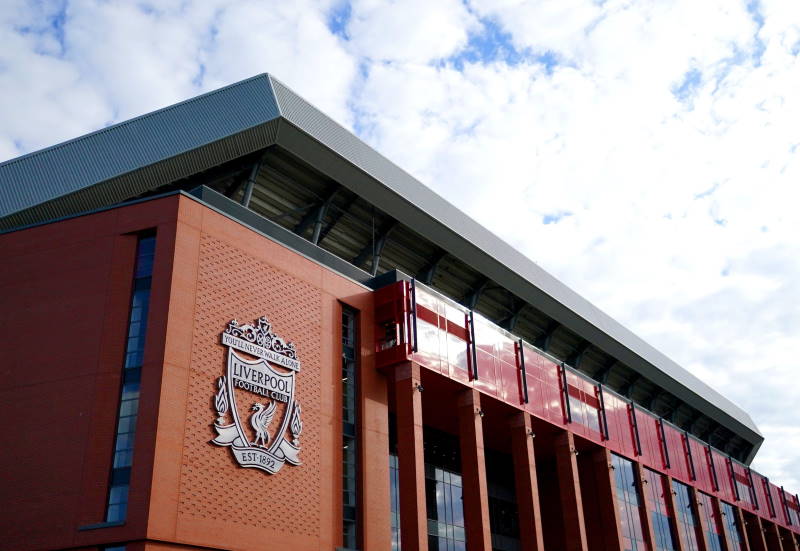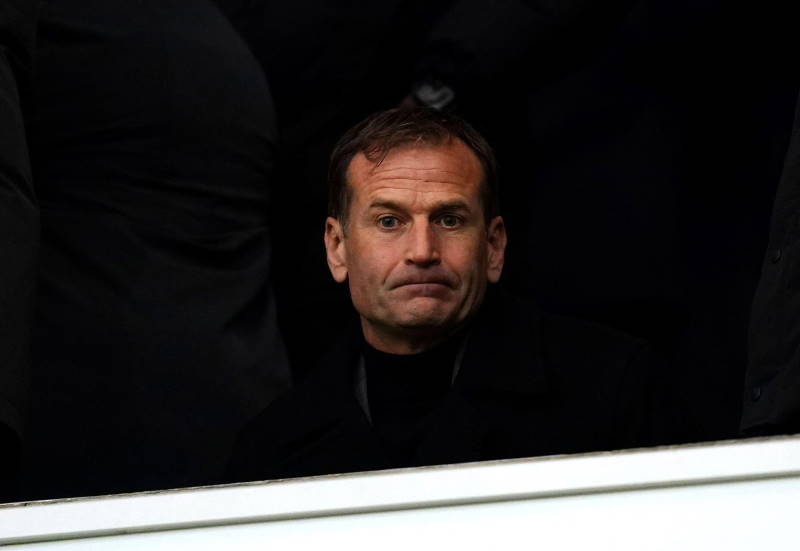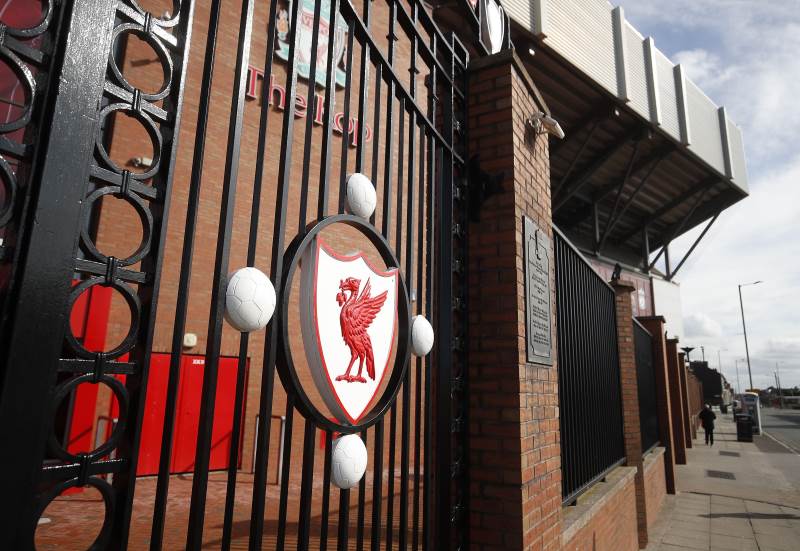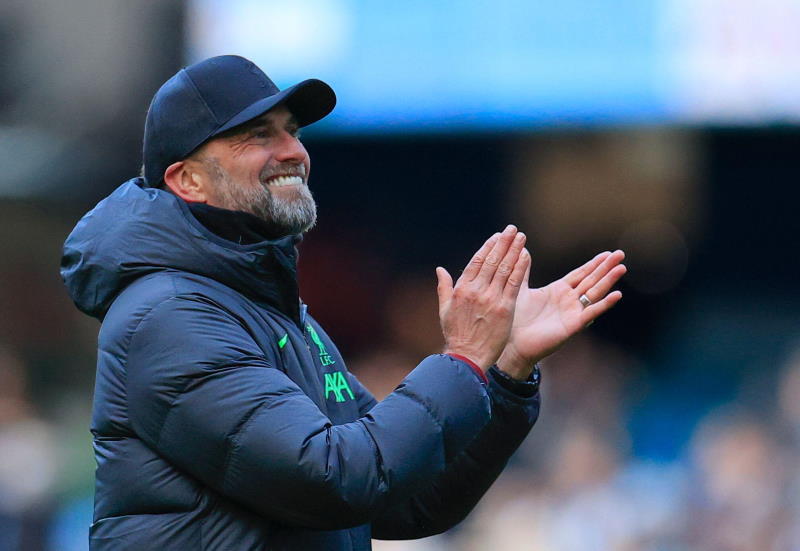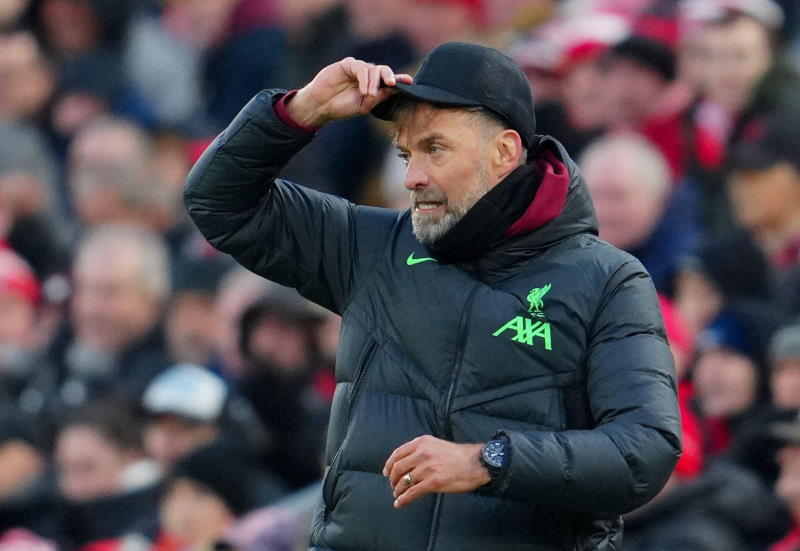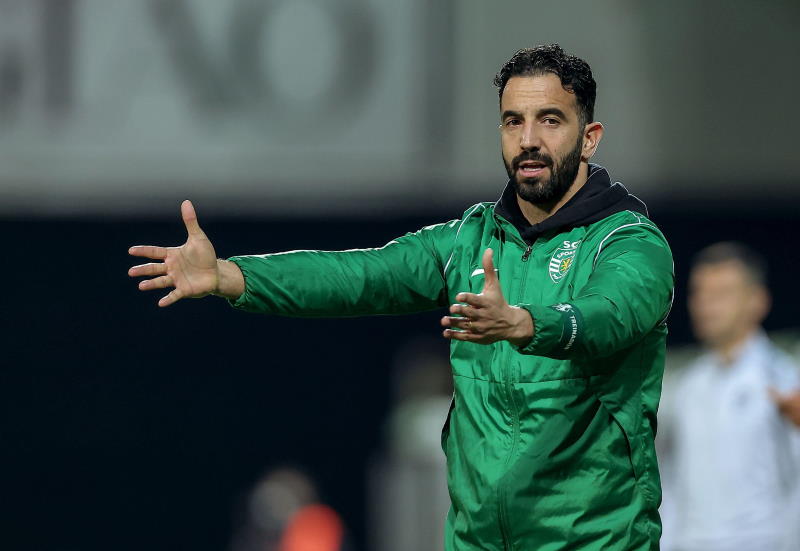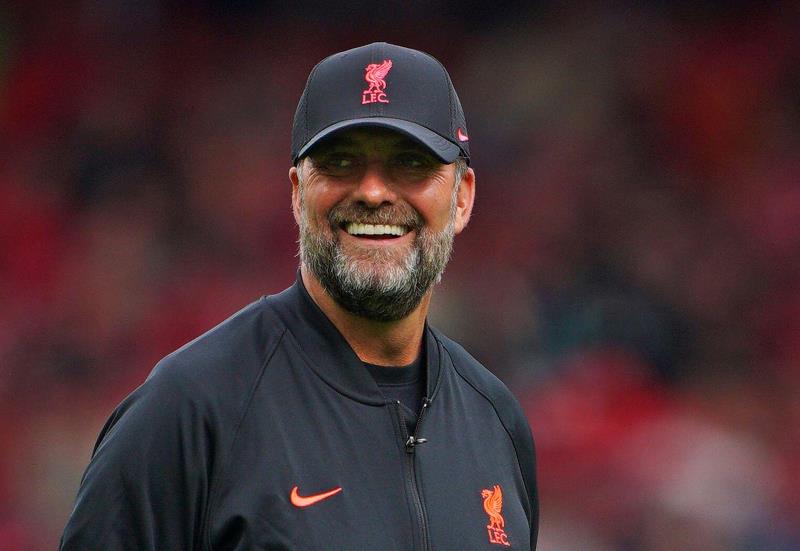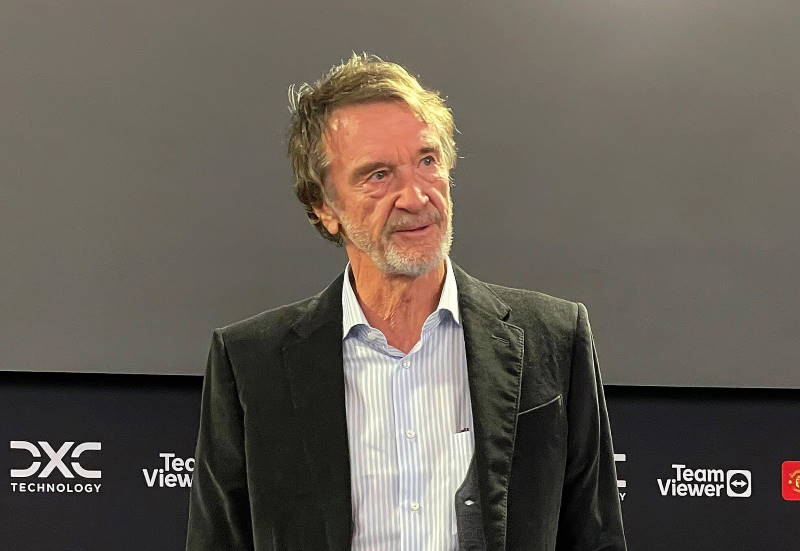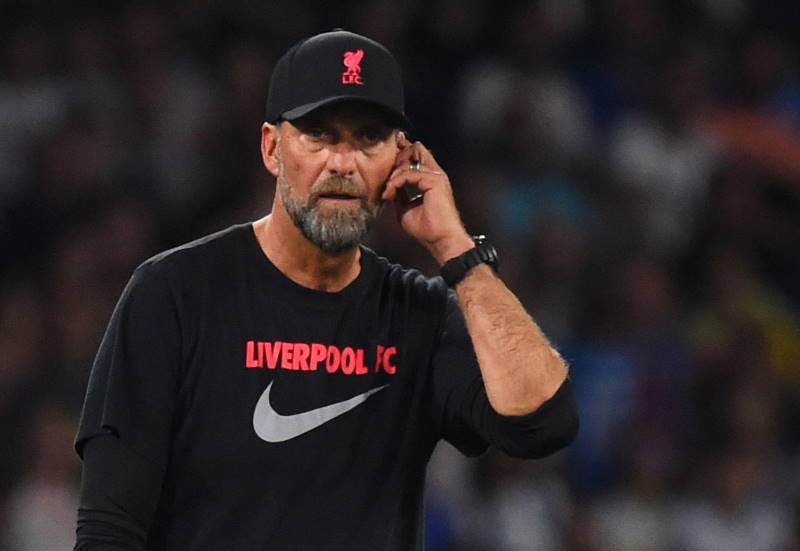
The Second World War interrupted and cut short the lives of millions of people around the world. The shockwaves of the conflict impacted on all parts of life and football was no exception, with hundreds of professionals being called up to fight and some making the ultimate sacrifice.
This series of articles looks at how the war affected the lives of footballers from all sides of the conflict:
In March 1938, Austria was declared part of the German Reich by the leader of Nazi Germany, Adolf Hitler. Indeed, the tyrant was ignoring treaties with impunity and statesmen across Europe were either appeasing the Fuhrer, supporting him or keeping their heads down for fear that the German war machine would next show up on their frontiers.
Two months later, on 14th May, the English football team arrived in Berlin to play a friendly match against the Germans at the Olympic Stadium and while the scoreline was emphatically in favour of the English (6-3) the game was marred by the team being ordered, by the Foreign Office and the Football Association, to give the stiff-armed ‘Heil Hitler’ salute.
One of the players forced to do this was the legendary Sir Stanley Matthews, who, along with his team mates, had no idea that a year down the line they like many others would be fighting against the dictator.
Stanley Matthews was born in Stoke in 1915, and excelled at the game of football as a tricky winger.
He signed for his hometown team in 1932 where he played until the outbreak of the war in 1939, then joining Britain’s Royal Air Force, eventually rising to the rank of corporal.
When war broke out, the government banned the general public from assembling in large gatherings and the professional Football League was temporarily suspended.
However, the government soon realised that hosting exhibition matches featuring the country’s best players was a good way of keeping up morale and Matthews combined his duties in the Air Force with playing as a guest player for various teams, including Blackpool where he was stationed.
Recently released war records show that Matthews played a number of exhibition matches during the conflict and was also formally reprimanded for trying to sell coffee and soap on the black market when England played Belgium in 1944.
After the war, Matthews demanded a move to Blackpool, a deal which was widely condemned by Stoke fans.
The right winger went on to turn out for The Tangerines until 1961 before making an emotional return to Stoke where he ended his days as a player in 1965.
Matthews was a vegetarian, teetotaller and it was this healthy lifestyle which allowed him to play competitive football until he was 50, making over 700 professional appearances and scoring 71 goals; he also made over 50 appearances for England.
The Potter won the FA Cup with Blackpool in 1953, the Second Division title on two occasions with Stoke, and also picked up the British Home Championship nine times with The Three Lions.
He later combined playing with management at Port Vale and Maltese side Hibernians, where he won the Maltese Cup, the Independence Cup and the Sons of Malta Cup, all in the same season.
Matthews was the Footballer Writers’ Association’s Footballer of the Year in 1948 and 1963, European Footballer of the Year in 1956 and was inducted into the English Football Hall of Fame in 2002, as well as still holding the honour of being the only player to be knighted while playing in 1965.
Sadly the man lovingly known as ‘The Magician’ passed away in 2000 aged 85, and will be forever remembered as one of the greatest footballers of all time.

